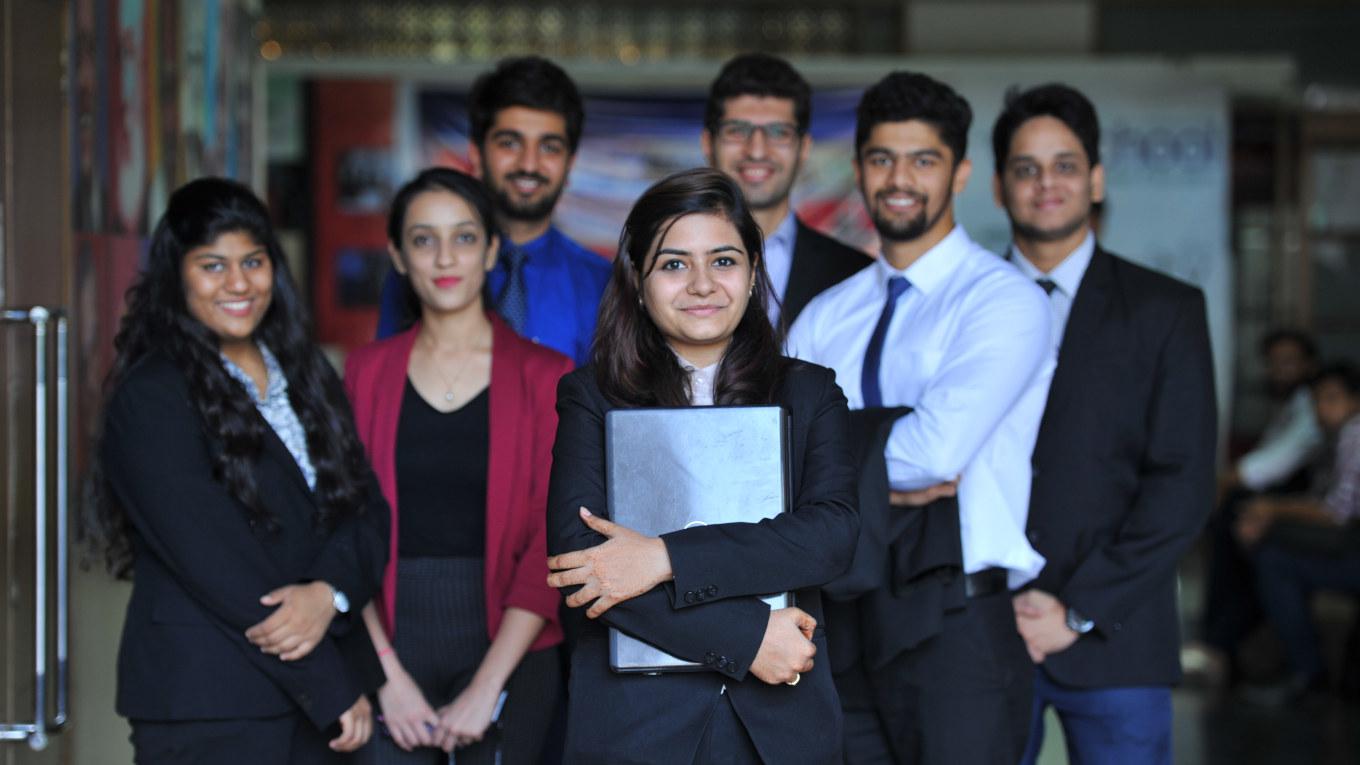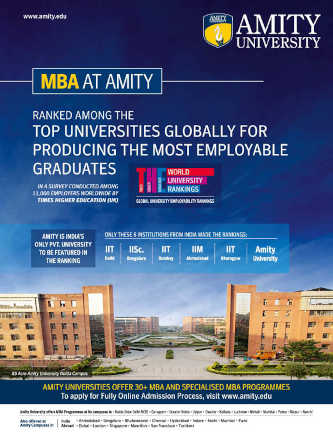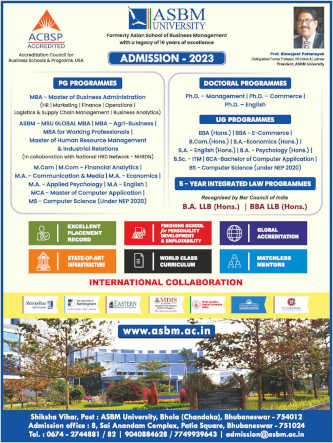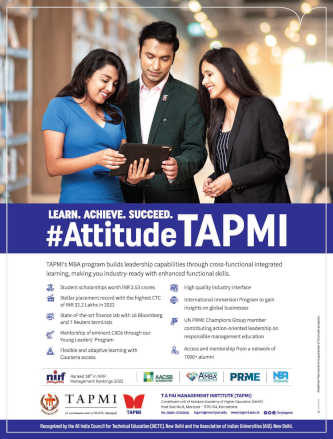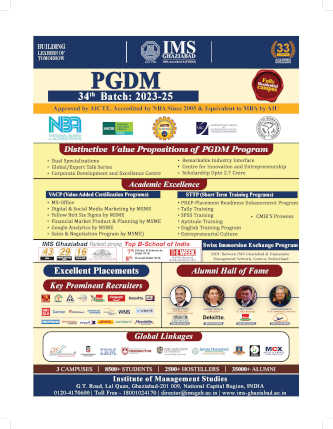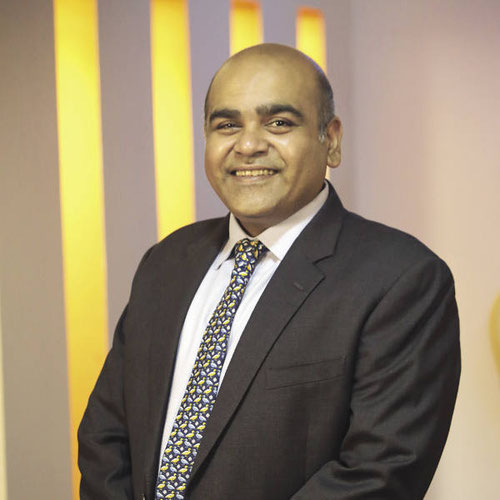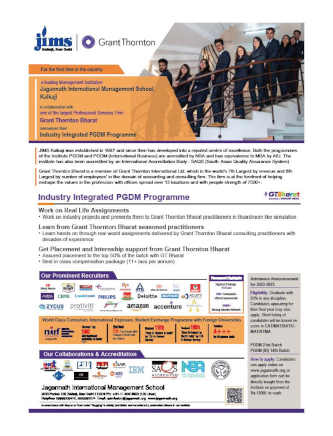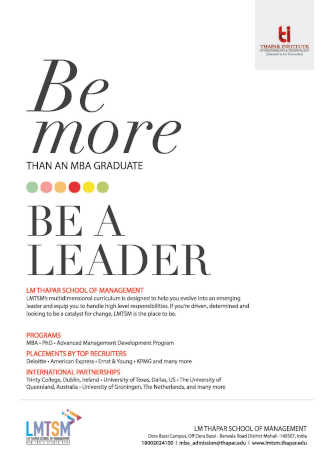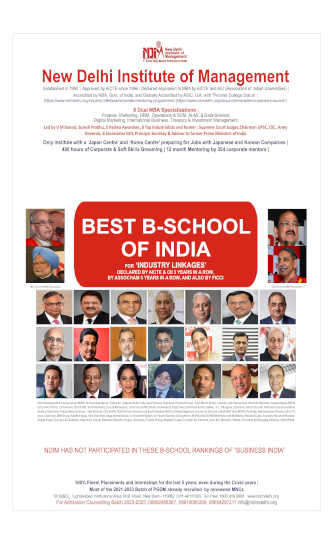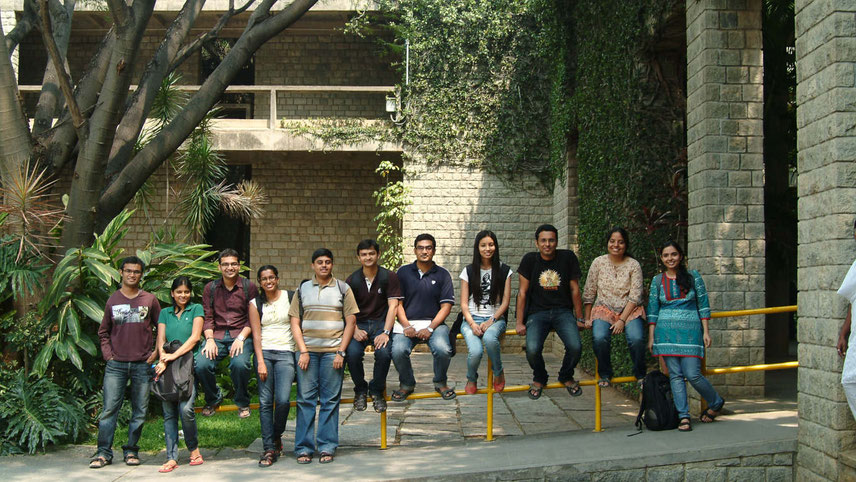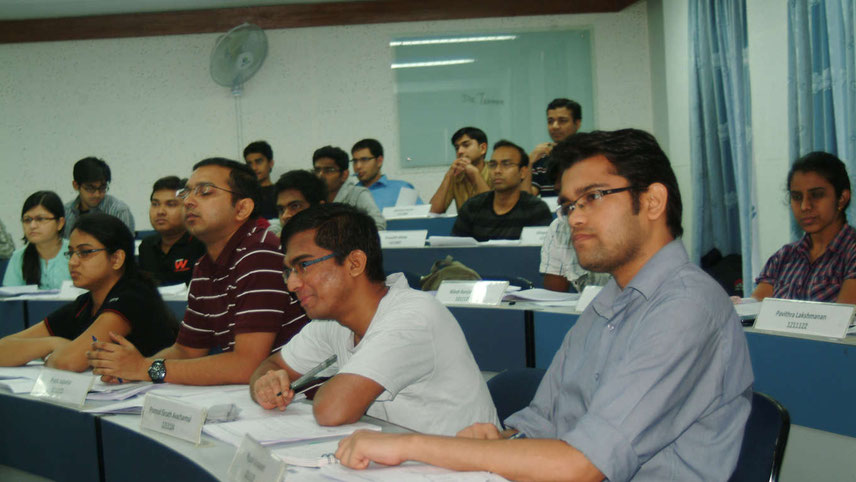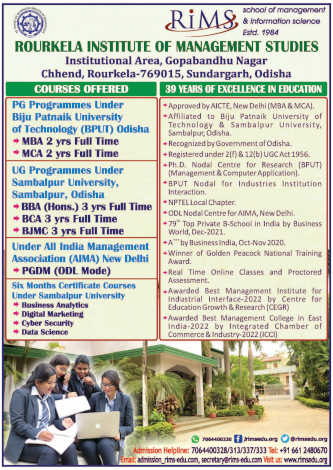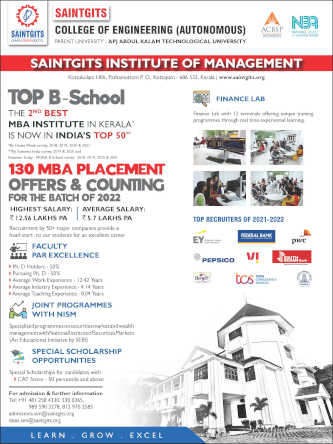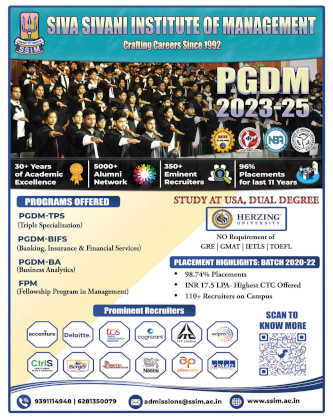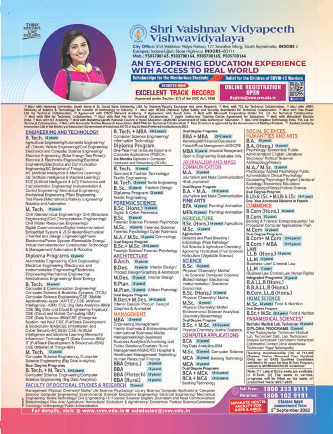In earlier years, gurudakshina was given by the students after completion of their formal education and stay in the gurukul. This honorarium was sometimes demanded by the guru in the form of a task to be performed by the students. This tradition, like many other traditions, has long been jettisioned in modern times.
Not only are the B-School fees specified upfront, but even the lodge and boarding expenses have to be paid upfront in most cases. In Mahabharata, we are told, Eklavya, was asked to cut off his right thumb by Dronacharya but getting admission to a good B-School requires much more than the equivalent of an arm or a leg and sometimes worse. Eklavya, despite the loss of a thumb, became one of the best archers and went on to be a king, but can a B-School graduate aspire to become a corporate czar?
Like any good businessman (in the works), the B-School aspirants are well advised to do a cost-benefit analysis before embarking on the 12-24 months rigorous education course, sometimes in the same city, sometimes outside the town of their residence. The well-heeled minority of students aspiring to go abroad do not necessarily have to do it, fully ensconced as they are in their comforts, that an MBA tag from the Ivy League schools or even B grade B-Schools in the US or Europe will ensure them a good job. And the dollar earnings will more than compensate their initial investments (say, R30-50 lakh) towards the cost of tuition fees and probably an equal amount for stay overseas. Stanford fees are $65,000 for a 21 months course, Harvard, $65,000 (two years), same as Tuck School. Other schools in the US charge $35,000 per course, with another $10,000 as boarding charges. In the UK, it is about $30,000. The returns over a longer period, say, 2-3 years, will compensate them for the loss of pay during the period of study overseas.
Undoubtedly the benefits of going overseas cannot be undermined. Says Priyanka Deo, who went off to the London School of Economics, after a short stint with Business India in Mumbai. “I made the decision to go regardless of the cost and am glad that I did. My professors not only taught me course content, but also guided me in taking practical steps to pursue a career I aspired to in broadcast journalism.” Deo, who co-produces and anchors two television shows on cable television in Boston says, “It is safe to say that the decision to go to LSE paid off in big dividends!”
Reality check
But, for the lesser mortals, who are not born with the platinum (silver is passé) spoon, it makes sense to have a clear idea of, not just the cost of fees and boarding fees, but also several other factors adding, directly or indirectly to their costs. In India, NMIMS, a popular college, charges Rs5 lakh (for an executive MBA), Rs17.5 lakh (for an MBA: HR). For PFGM, the course fee is Rs14.5 lakh. Sydenham College of Managment, a government-aided institution in Mumbai, charges Rs1.38 lakh, while, in Welingkar it ranges between Rs3 lakh (for a PGDM) and Rs5.5 lakh (for a two-year course in media & entertainment). There are several other courses, with varying fees structure, too. Jamnalal Bajaj, one of the most aspired MBA institutions after the IIMs charges Rs2.2 lakh.
-
Most B-Schools expect students to have at least two years’ work experience. Photo credit: Sanjay Borade

